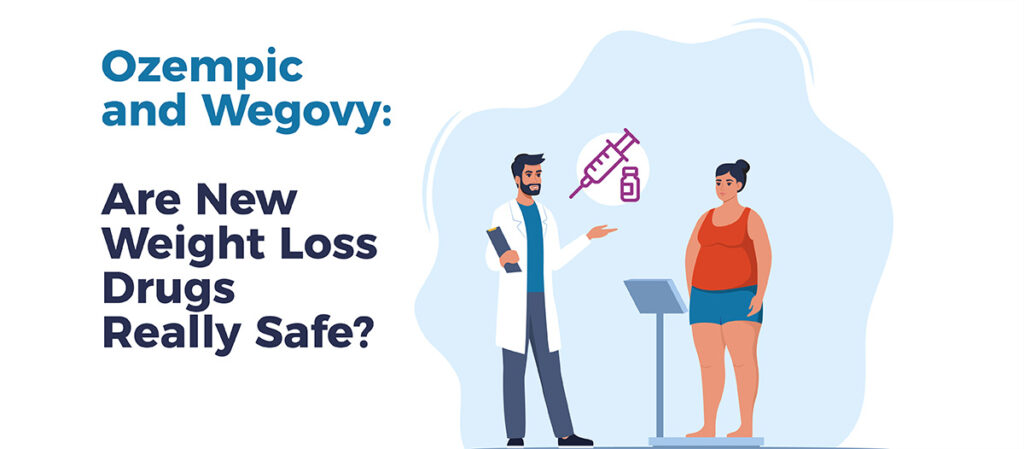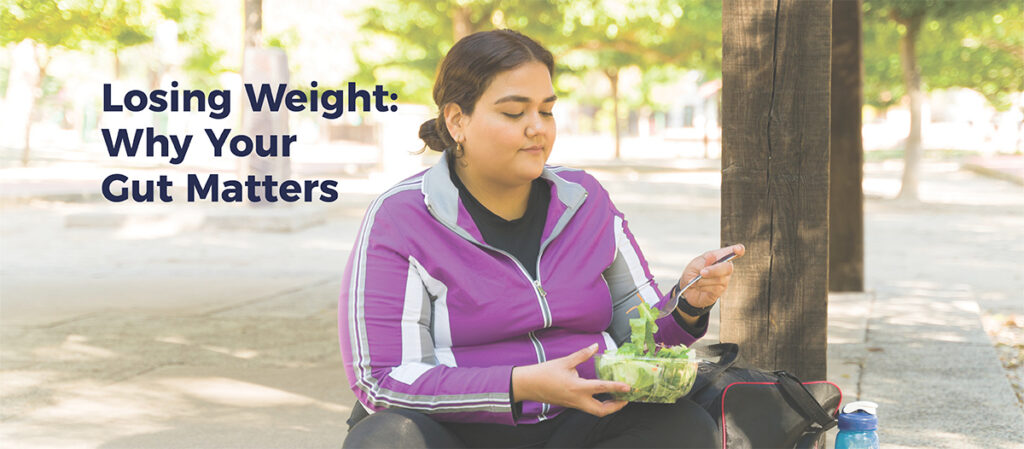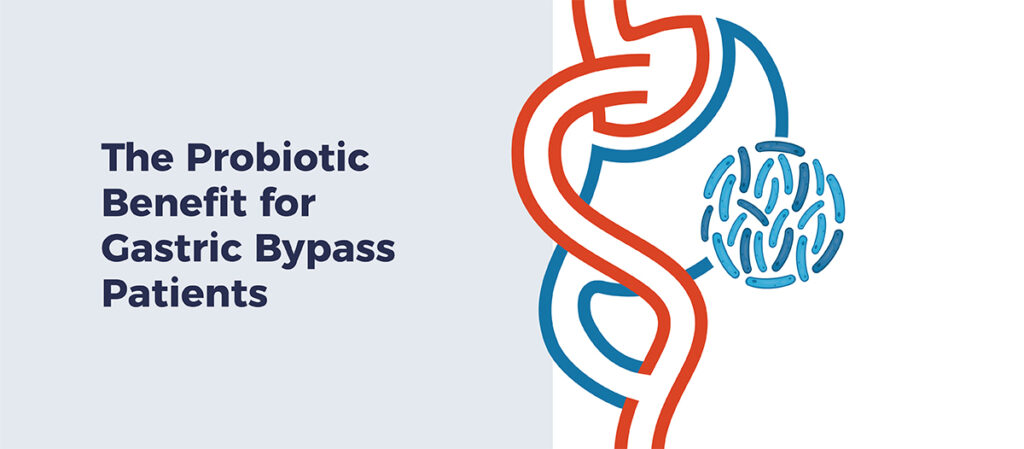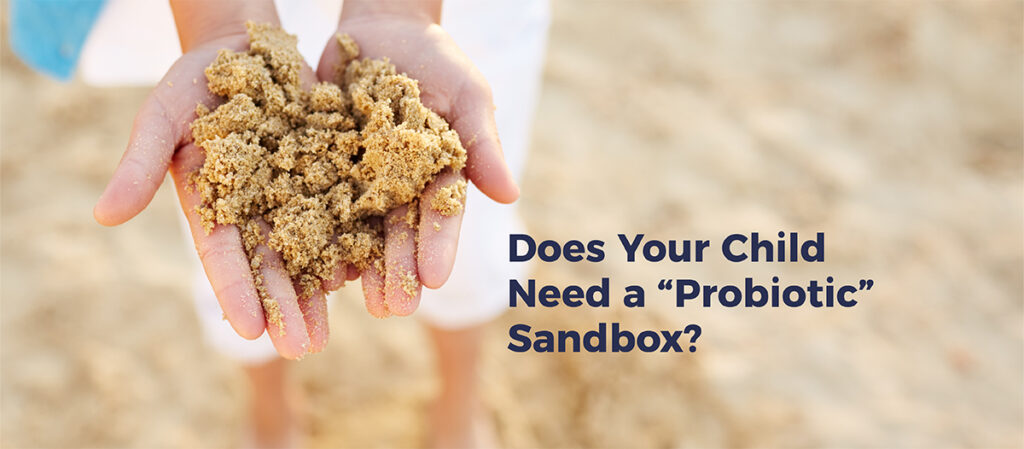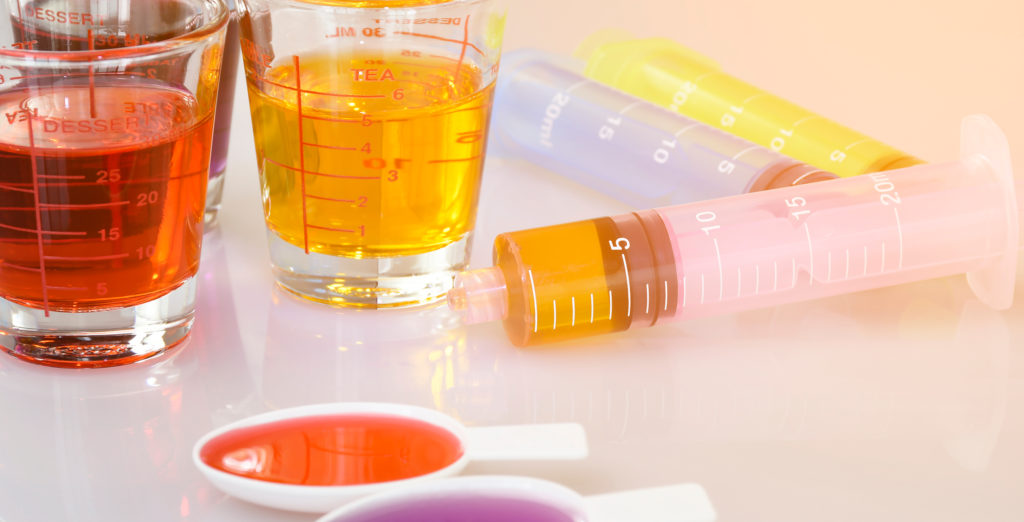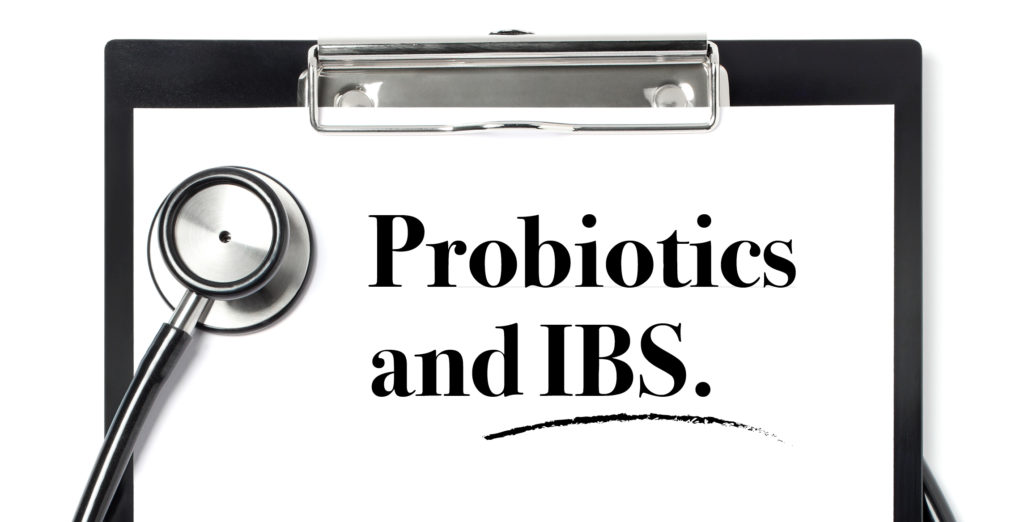Ozempic and Wegovy: Are New Weight Loss Drugs Really Safe?
Ozempic and Wegovy: Are New Weight Loss Drugs Really Safe?
Summary: Recent reports about the safety of Ozempic and Wegovy, injectable drugs prescribed by doctors to help you lose weight, should make you think long and hard about using them.
You’ve probably heard a lot recently about a pair of blockbuster drugs — Wegovy and Ozempic (semaglutide) — for their effectiveness in helping people lose A LOT of weight.
Obesity affects so many Americans — more than 40 percent are obese according to the CDC — that people will try almost anything to lose weight.
Taking weekly injections of Wegovy or Ozempic work to slow down the emptying of the stomach and decrease one’s appetite, and could help someone drop about 12 percent of their body weight.
If these results sound almost too good to be true, the unfortunate reality for some patients has been heartbreaking and life-threatening.
The Problems with Semaglutide
According to reports received by the FDA, the most serious problems are associated with severe gastroparesis, also known as stomach paralysis. And, in one case reported by CNN, a woman suffered from severe gastroparesis along with nausea and cyclic vomiting syndrome (characterized by episodes of severe vomiting that can last for hours or days).
What’s more, the American Society of Anesthesiologists recently issued a warning urging patients to cease taking these medications up to a week before surgery. Their concern: A slower emptying of the stomach could allow patients to regurgitate and aspirate food into their airways and lungs when they’re sedated, even after fasting.
Even if you don’t have an extreme version of those kinds of problems, the most common side effects of Wegovy are nausea (44 percent of all users), diarrhea (30 percent) and vomiting and constipation (24 percent).
Also, for either of these drugs to work as directed, you must take them weekly to keep the weight off, or those extra pounds will come back quickly.
Are Weight Loss Drugs the Only Answer to Effective Weight Loss?
Did you know there’s a better, safer way to slow down your appetite, eat less and lose weight without the expense or common side effects of an injectable drug like Wegovy or Ozempic?
You may want to give your weight-loss journey a fresh start with the help of EndoMune Metabolic Rescue that contains 1 billion CFUs of beneficial Bifidobacterium lactis and 600 mg of the prebiotic XOS.
XOS is a proven prebiotic that spurs the production of short chain fatty acids (SCFAs) that trigger some of the same mechanisms Wegovy does to slow down the movement of food from your stomach and create a feeling of fullness naturally.
Resources
Ozempic and Wegovy: Are New Weight Loss Drugs Really Safe? Read More »

